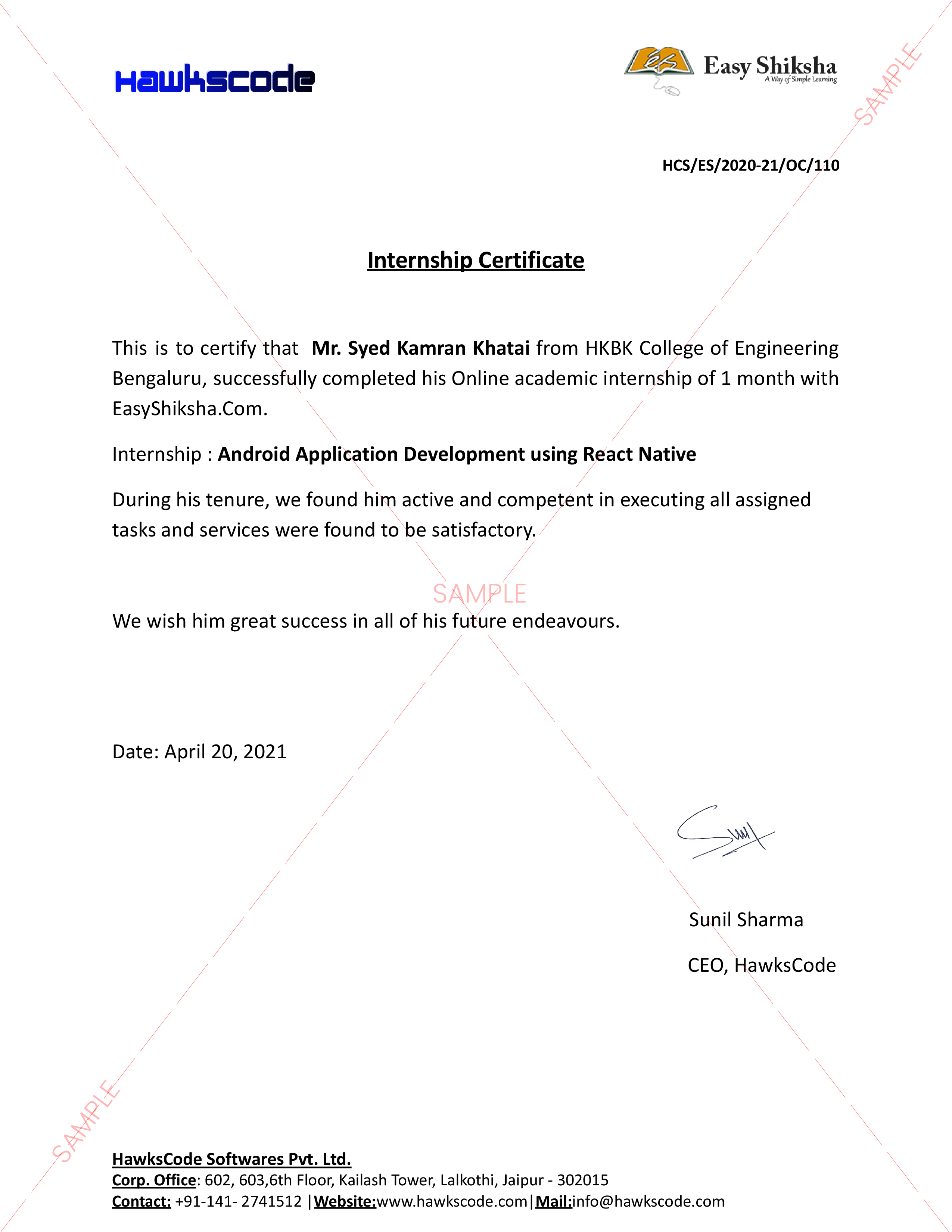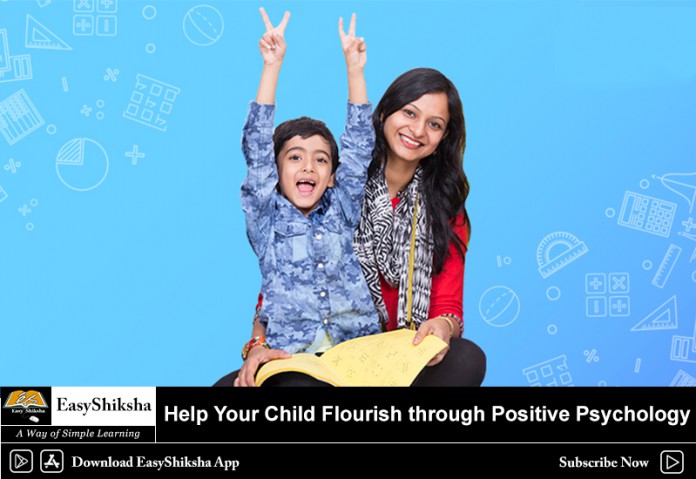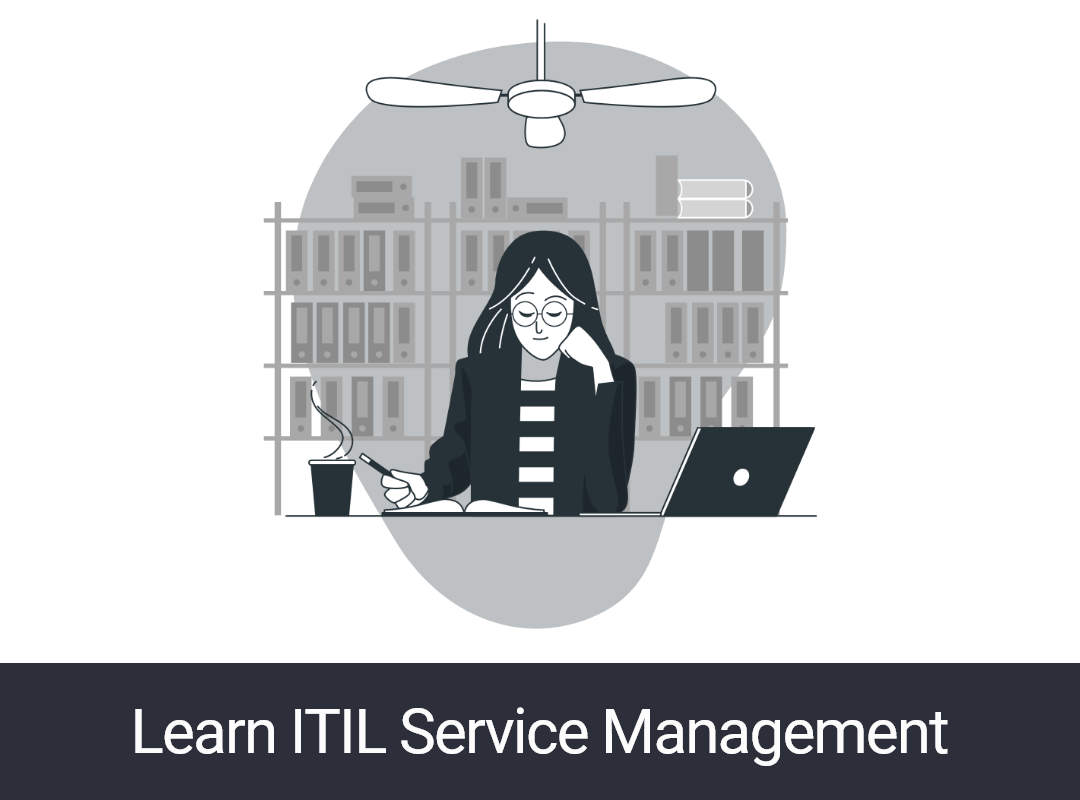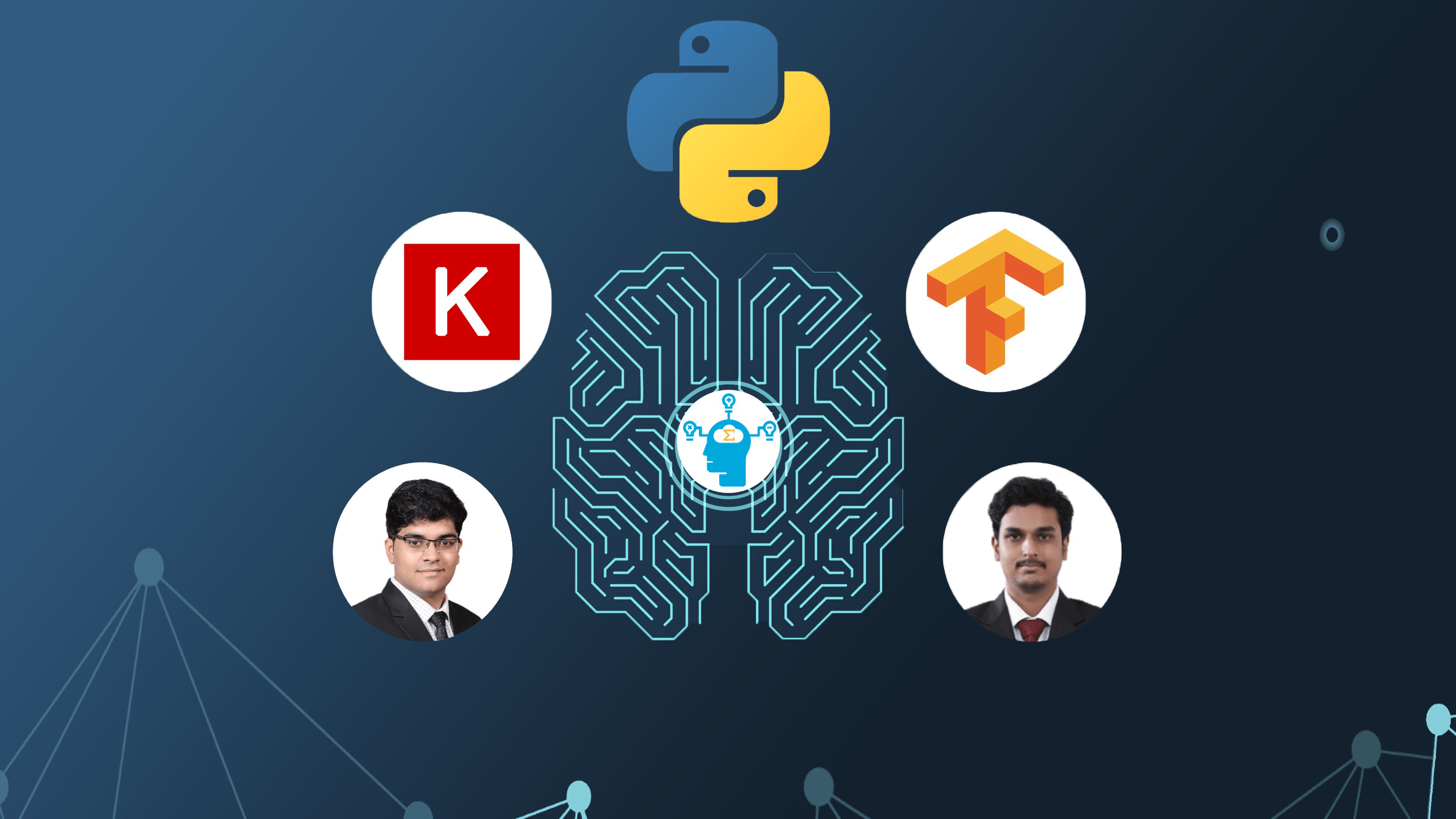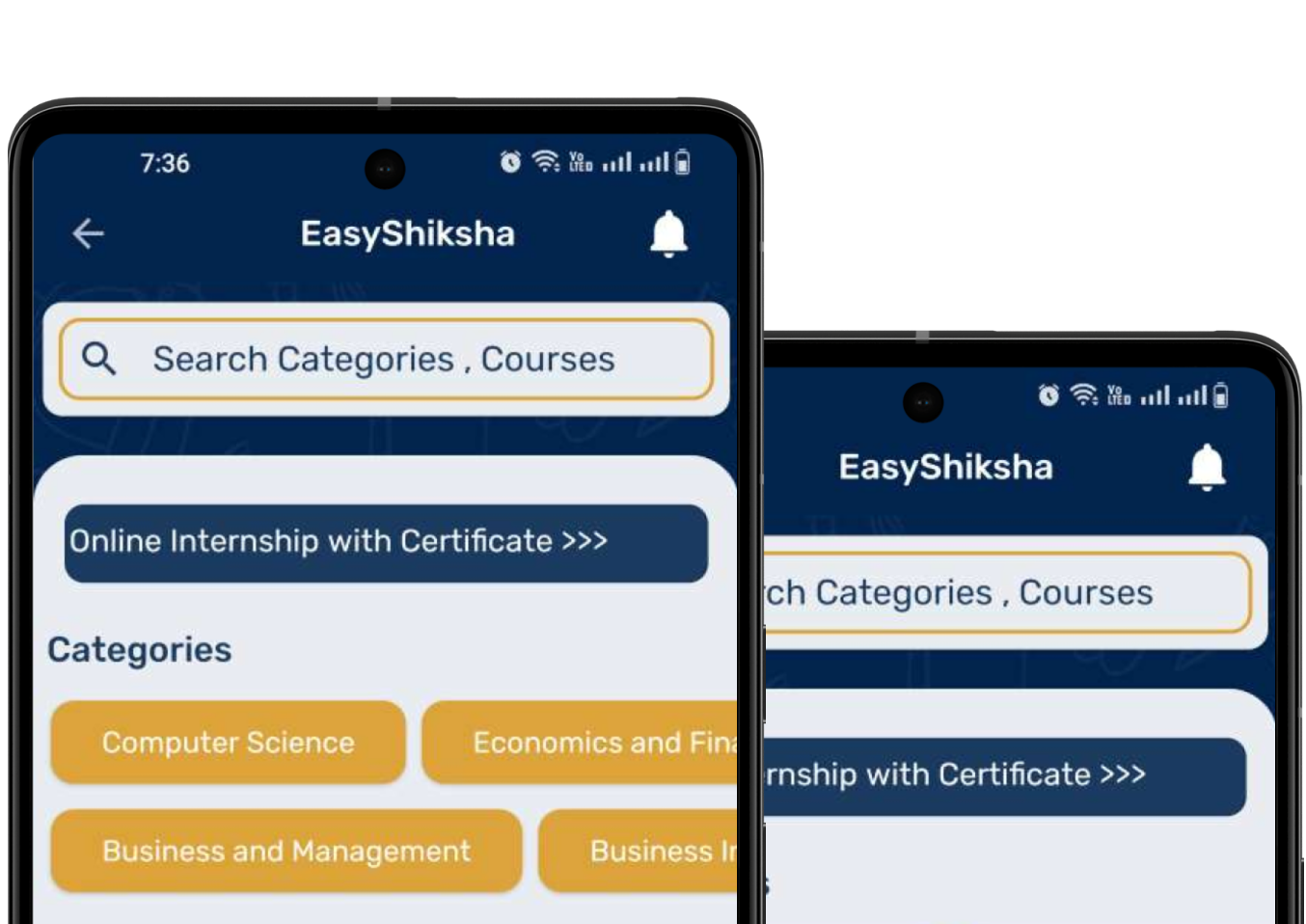The conventional view of psychology is that it looks to understand people’s mental makeup to determine what is wrong with them and to use therapy to help cure them. We believe that its benefits are only applicable to the small percentage of our population which suffers from mental illness and has no value for “normal” people. It may surprise you to know that a recently developed branch of this discipline, Positive Psychology, can bring immense benefits to almost anyone.

Important Announcement – EasyShiksha has now started Online Internship Program “Ab India Sikhega Ghar Se”

Top Courses in Virtual Reality
What is Positive Psychology?
Developed as a new domain within psychology at the University of Pennsylvania in 1999, Positive Psychology focusses on mental aspects that help human beings live happy and fulfilling lives. The underlying concepts are based on rigorous scientific research and this should not be confused with pseudo-science like positive thinking, positive affirmations or similar self-help theories. It is a complement, not a replacement, for conventional psychology.
What Are Its Key Ideas?
Positive Psychology focuses on the strengths of individual human being and how they can be developed to create happiness for yourself and for those around you. This is best exemplified by the PERMA model created by the father of Positive Psychology, Dr. Martin Seligman, which is an acronym standing for:
P – Positive Emotions: You need to develop a mindset that gives you emotions like joy, satisfaction, pride, awe etc. more frequently. This can be done through mindfulness training and adopting an “attitude of gratitude” where you get joy out of the small pleasures of life. Writing a daily journal of at least three things that made you happy that day is a great exercise to develop this mindset.
E – Engagement: This happens when you are so absorbed by a task that you lose all track of time. You would experience this more often with tasks that you enjoy or excel at. Finding ways to look at a career that facilitates this would be ideal. If not, find engagement by inculcating hobbies, sports or social work in your life.
R – (Positive) Relationships: We are social creatures and rely on our relationships with others to keep us fulfilled. Interact with people around you with an attitude of adding value to their lives. You will see that they also start adding value to yours.
M – Meaning: We see so many examples of people who have sufficient money but are depressed. This is because working only for money doesn’t give meaning to your life. Living a meaningful life requires dedicating yourself to a vocation or cause bigger than yourself. Even focusing on how the job you do every day helps others could give you a sense of meaning.
A – Accomplishment: It is difficult to live a life of true a happiness unless you are working towards bettering yourself or achieving goals that you’ve set. Celebrating the small victories in your life like landing a huge client, having your child win in a sports race or losing 2 kg of weight will help you get a feeling of accomplishment more frequently.
Top Courses in Software Engineering
How Can Positive Psychology Help Your Child?
Now that you’ve understood the PERMA model, there are ways you can incorporate this into your parenting style to help raise a confident happy child with strong emotional intelligence.
As a starting point, try to focus on your child’s innate strengths instead of their weaknesses. Have high expectations of her and reward her with praise if she achieves something after working at it. If she fails at something, do not run her down but give her love and specific feedback on what she can do to succeed at that task in future. All praise or feedback should be authentic and specific to the task at hand. Eg. Don’t say “you are so intelligent”, rather say that “this math exercise was difficult, but I’m glad you worked hard to solve it”.
Look for other ways to develop their character. For example, when watching a movie together you can ask questions that make them reflect on character strengths & weaknesses like “Do you think that______did the right thing when he did_______?”.
If your child confesses something bad she did like getting into a fight in school or stealing something from a friend, you should listen in a non-judgmental way and ask her what she can do to make it up to the person she hurt. If your child is cleaning out her cupboard, ask her if she would like to donate some of her very old clothes to the less fortunate.
There are many other ways you can apply the principles of Positive Psychology to help your child’s development. However, it is also important that you must model this behavior yourself, as a child is more likely to emulate what you do rather than just follow your instructions on how they should act.
As parents we always want our child to be happy. With the tools of positive psychology, we can help our child’s happiness be dependent on themselves rather than depend on others to make them happy!
About The Author
 Akhil Shahani is the Managing Director of The Shahani Group, which runs a range of colleges in areas like business, media, real estate, finance and others. His colleges incorporate global industry oriented education systems that make their graduates truly employable. He is also a Venture Partner in Kaizen Private Equity, which is India’s first private equity fund focused solely on the education sector. In addition, Akhil serves as the Chairman of Global Discovery Schools, which are a franchised chain of 14 innovative schools.
Akhil Shahani is the Managing Director of The Shahani Group, which runs a range of colleges in areas like business, media, real estate, finance and others. His colleges incorporate global industry oriented education systems that make their graduates truly employable. He is also a Venture Partner in Kaizen Private Equity, which is India’s first private equity fund focused solely on the education sector. In addition, Akhil serves as the Chairman of Global Discovery Schools, which are a franchised chain of 14 innovative schools.
Akhil’s work in the non-profit space is also extensive, he is on the advisory board of Unltd India & IDOBRO, which are two incubators supporting social entrepreneurs. He is the Director of the SAGE Foundation & Trustee of The Shahani Trust, which both have a range of charitable initiatives in education. Akhil sits on the board of 28 iconic colleges in Mumbai.
He has completed his MBA from the Kellogg Graduate School of Management in Chicago & is currently pursuing his PhD from the University of Liverpool, where his thesis is in the area of Student Employability.
Akhil is the recipient of many awards for his work in education like the Jamnalal Bajaj Award, Bharat Shiromani Award, PIMR Outstanding Educationist Award, Rex Karamveer Chakra Gold Award, the Bharat Gaurav Award and the Indira Gandhi Priyadarshini Award among others. He is a regular speaker at conferences and has been extensively profiled in the media.
The following links have further details:
LinkedIn Profile: https://www.linkedin.com/in/akhilshahani/
Akhil’s Blog: https://ask.careers/aks-notes/
Top Courses in Networking
More Courses With Certification
Empower your team. Lead the industry
Get a subscription to a library of online courses and digital learning tools for your organization with EasyShiksha
Request NowALSO READ: iimb-welcomes-80-professionals-to-the-20-one-year-mba-class
Get Course: Introduction-to-Corporate-Finance

